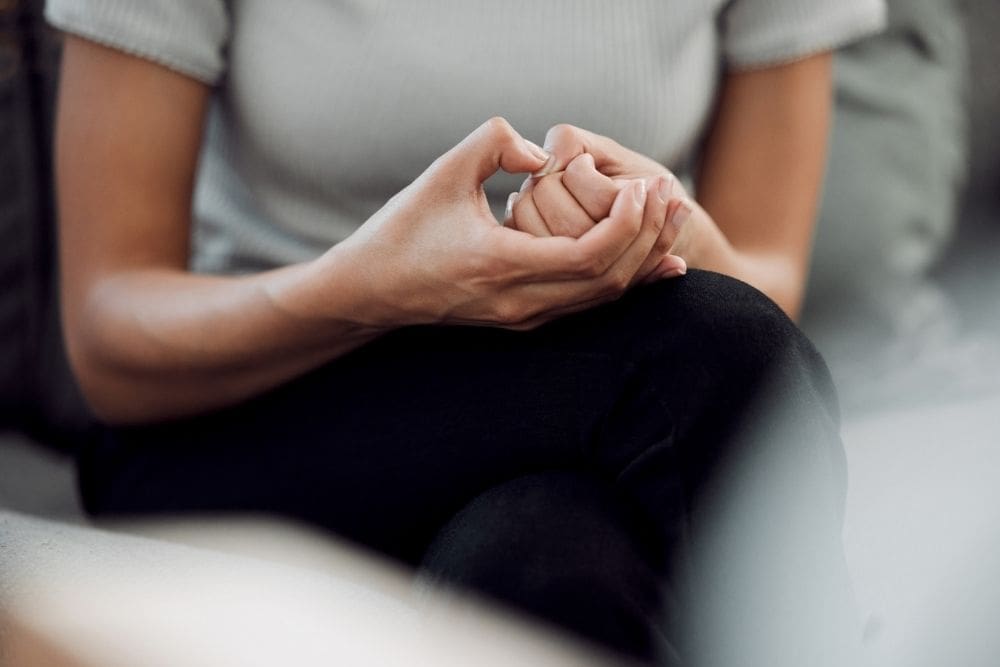When you’re in recovery, it’s not just substances you have to watch out for—it’s also the emotions, situations, and memories that can set you on edge and tempt you back toward old patterns. These moments are called emotional triggers, and they can feel like landmines scattered along your path. If you don’t recognize them early, they can throw you off balance, cloud your judgment, and, in some cases, lead you dangerously close to relapse.
The good news? You can learn to spot your triggers before they take control. By understanding what sets you off, why it happens, and how to manage those moments, you give yourself the power to protect your progress and keep moving forward.
Types of Emotional Triggers
Emotional triggers aren’t the same for everyone. What rattles one person might not even register for another. The key is figuring out what hits you hardest so you can prepare for it.
Here are some of the most common types of triggers people in recovery experience:
- Stress and overwhelm. Stress can be one of the biggest relapse risks. Whether it’s a fight with a loved one, trouble at work, or an unexpected bill, the feeling of being overwhelmed can make you crave the “escape” you once turned to.
- Conflict with others. Arguments, misunderstandings, or even tense conversations can stir up anger, resentment, or shame—emotions that might remind you of times when you used substances to cope.
- Loneliness and isolation. Feeling disconnected from others can lead you back into old thinking patterns. Isolation can make you vulnerable because you’re left alone with your thoughts, temptations, and memories.
- Certain places or people. Sometimes, just being around people you once used with—or walking into a place where you drank or used—can flood you with old memories and cravings.
- Memories and anniversaries. Dates connected to painful events, such as the death of a loved one or a traumatic experience, can unexpectedly bring on waves of sadness or anxiety.
- Positive emotions. This might sound surprising, but even good feelings can be triggering. Celebrations, excitement, or feelings of “I deserve a reward” can lead you to think about using again.
How Triggers Can Wreck Your Progress
When you don’t recognize a trigger, it can sneak up on you. One moment you’re going about your day, and the next you’re flooded with emotions that make you feel unstable. Without tools to handle them, you might:
- Start romanticizing the “good times” of substance use, forgetting the consequences.
- Isolate yourself from your support system because you feel embarrassed or ashamed.
- Engage in risky behaviors that put you in situations where substances are present.
- Experience intense cravings that become harder to resist the longer they go unchecked.
What to Avoid When You’re Feeling Triggered
When you’re caught off guard by a trigger, your first instinct might be to distract yourself in unhealthy ways or put yourself in situations that make things worse. Try to avoid:
- Being around people who use substances. Even if you tell yourself you won’t join in, the temptation can be overwhelming.
- Burying your emotions. Ignoring or suppressing your feelings can cause them to build up until they explode.
- Going it alone. Skipping support group meetings, avoiding therapy, or not calling a trusted friend can leave you vulnerable.
- Overloading your schedule. Staying “too busy” to think about your feelings can lead to burnout, which is a trigger in itself.
The idea isn’t to avoid life—it’s to avoid the situations and patterns that you know will make it harder to stay on track.
Tips for Dealing with Triggers
You can’t always prevent triggers from happening, but you can decide how to respond. The more prepared you are, the less power they’ll have over you.
- Know your top triggers. Take time to reflect on what situations or emotions most often lead to cravings or negative thinking. Write them down and share them with your support system so they can help you stay accountable.
- Have a grounding technique ready. Grounding exercises—like deep breathing, naming five things you see in the room, or holding a comforting object—can help pull you back to the present when emotions start to spiral.
- Lean on your support network. Call your sponsor, text a trusted friend, or attend an AA or NA meeting. Talking about what you’re feeling takes away its power and reminds you that you’re not alone.
- Remove yourself from risky situations. If you’re in a place or around people who are triggering you, leave. Your recovery is more important than worrying about what others might think.
- Practice healthy coping skills daily. Build habits that keep your mind and body strong, like regular exercise, journaling, meditation, or hobbies that keep your hands and thoughts busy.
- Work with a therapist. A counselor can help you explore why certain triggers affect you so strongly and teach you new ways to handle them.
How Las Cruces Recovery Center Can Help
At Las Cruces Recovery Center in New Mexico, we understand how overwhelming emotional triggers can feel—especially in the early stages of recovery. Our team works with you to identify your unique triggers, develop personalized coping strategies, and build the confidence you need to protect your progress. Whether you’re just starting your recovery journey or you’ve been sober for years, you don’t have to face those moments alone. We’re here to help you stay grounded, resilient, and moving forward. To learn more about our alumni program and our other services, please reach out to us today!



